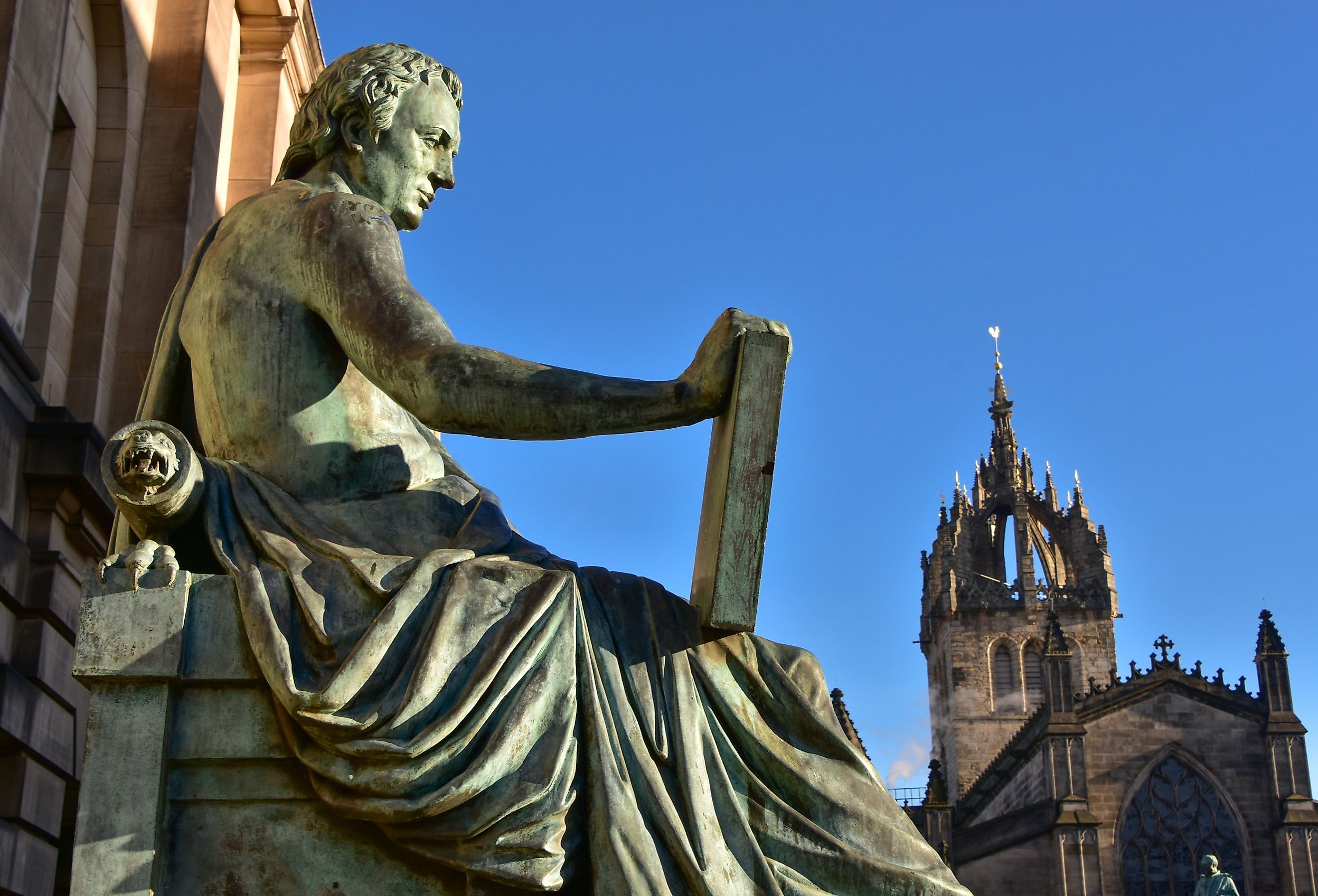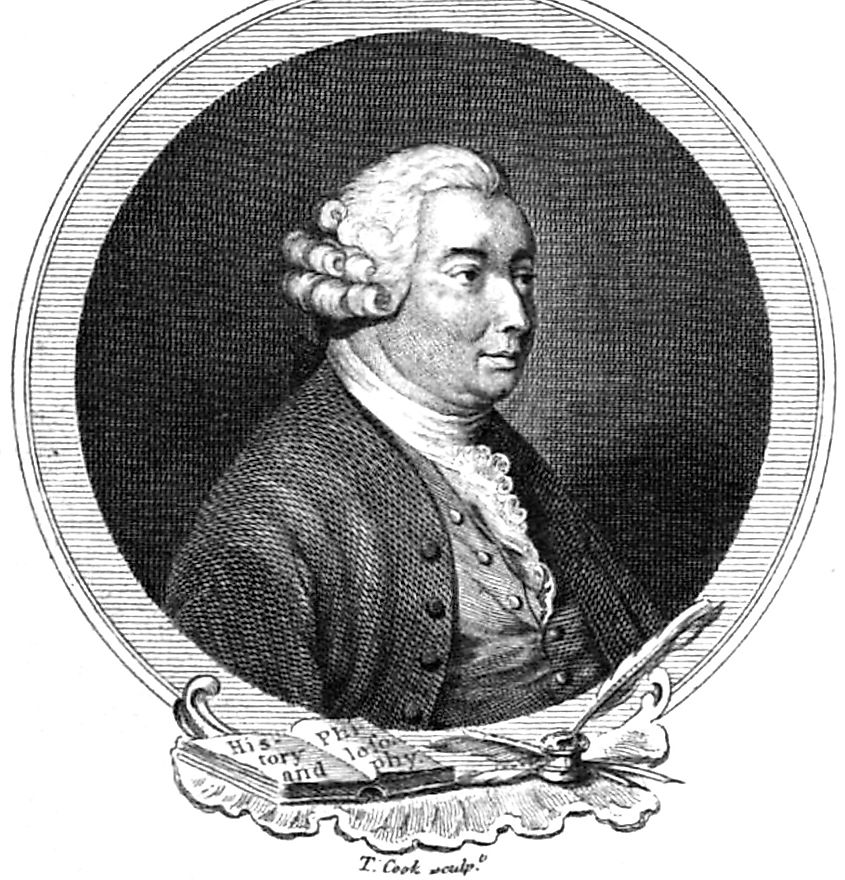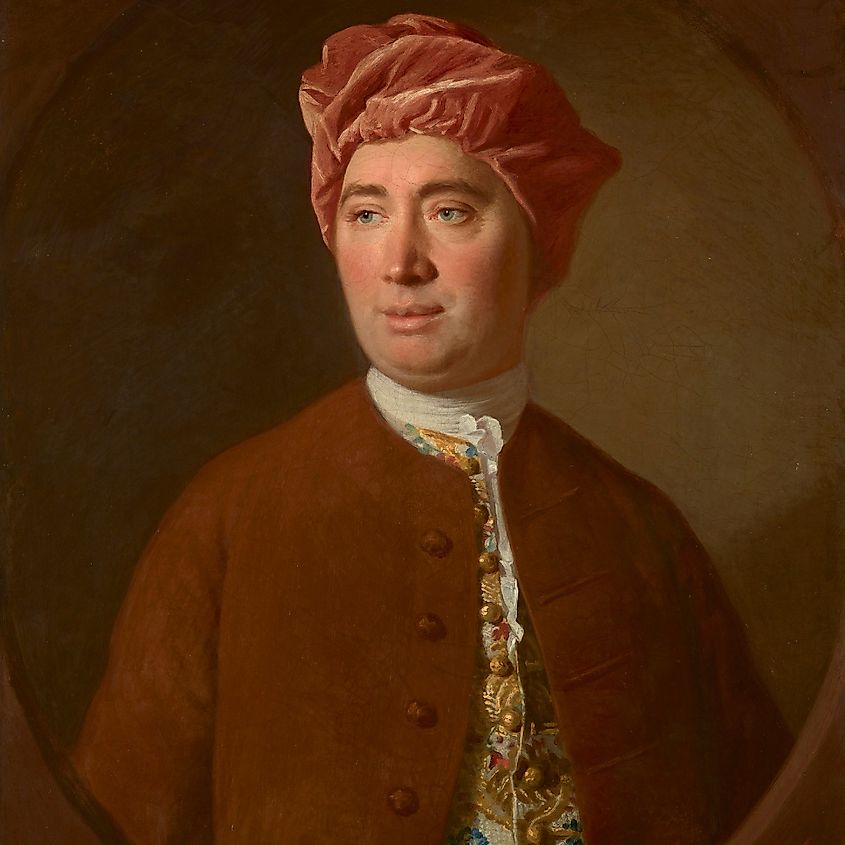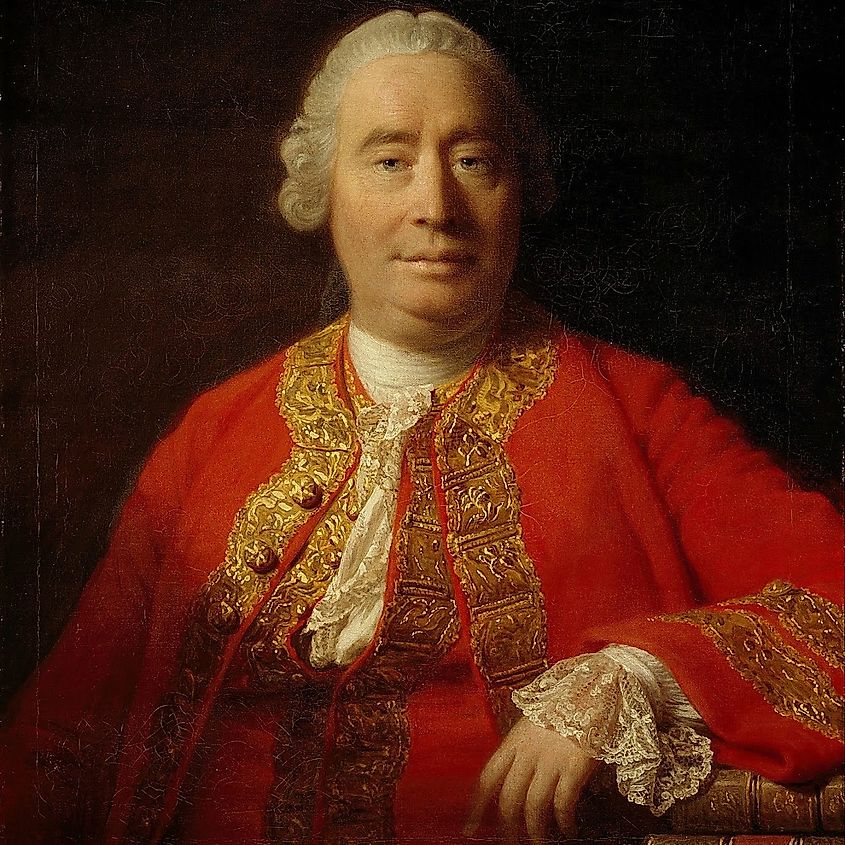
Hume's Concept Of The Self
There are many questions philosophers tackle. Arguably one of the most difficult is the question of the self. What is the self, and does the self change? These are questions philosopher David Hume sought to answer. In his philosophy, he advanced bundle theory, a theory of the self. Before delving into Hume's philosophy of the self, it is helpful to understand a bit more about his life.
Who Was David Hume?

Hume's Life
Born in Scotland in 1711, David Hume was a Scottish Enlightenment philosopher, economist, historian, and essayist. At the young age of 12, Hume entered Edinburgh University. This was a young age to enter university at the time. The family tradition on both his mother's and father's side was to study law. The family pressure lead him to study law, however, Hume did not enjoy his legal studies. At around age 18, Hume made a philosophical discovery that opened him to new thoughts. The thoughts were so important to him that he decided to throw away his other pursuits and dedicate his time to reading and writing philosophy. He did this for about ten years before he was on the verge of a mental breakdown. Later he got scurvy spots on his fingers, and his doctor diagnosed him with "Disease of the Learned."
Hume's Career And Philosophy
When he was 25, Hume had no income and no career. He became a merchant's assistant, which required him to leave Scotland for a short period of time. Hume attempted to start a University career. However, his attempts were unsuccessful, because there were protests over his atheism. While he had difficulty in finding a University position, Hume did find success in his literary career. He wrote several essays and landed a job as a librarian at the University of Edinburgh. This gave him access to many resources, useful to use in his essays.
Hume is most famously known as one of the philosophers who made significant contributions to empiricism and skepticism. Hume also had specific views about the purpose of philosophy. According to Hume, philosophy was an inductive, experimental science of human nature. He looked to gain a better understanding of how the human mind acquires knowledge. To do this, he used the models of other philosophers and academics, such as Sir Isaac Newton's scientific method, and built on John Locke's philosophy of epistemology. In his philosophy, Hume came to the conclusion that no theory of reality is possible and experience is the only way to gain knowledge of reality. One of Hume's most interesting theories was his theory of the self, and his contributions to advancing bundle theory.
What Is a Theory of The Self?
Take a moment to reflect on what it means to have a self and what your "self" is. Further, ask yourself, how can the self change? And are there parts of the self that do not change? Many people might answer that your "self" is who you are, or that it is the core of your being. In answering this way, we are assuming there is a fundamental we or a core of being. However, this is not necessarily the case. In asking the question what is the self, we cannot assume there is a fundamental way of being. Instead, we must try to better understand the questions we are asking.
One way to do this, is to look at the language used in the questions. There are assumptions in the language used to ask questions about the self. For example, when talking about the self, a common assumption is that the self is one thing. Another assumption is that the self exists and is separate from similar concepts, such as the mind.
Hume's Concept of The Mind

No matter how closely we examine our feelings, we never experience anything beyond a series of feelings that are changing. Hume believed that when we try and look at our minds, we cannot observe ourselves in a direct way. In this view, we can never be directly aware of ourselves, we can only be aware of what we are experiencing at each moment. While Hume says time and memory track our experience, there is no real evidence of a core that connects them all. Hume's conception of the mind, laid the groundwork for his view that there is no self, at least not in the way we typically imagine. Hume advanced a theory of the self known as bundle theory.
Bundle of The Self Theory

Hume believed the self is nothing more than a bundle of our perceptions that quickly follow each other and are constantly changing. Hume emphasizes the speed that our perceptions pass and says the speed misleads us to believe that thought is a single thing with different parts.
Although we have a natural tendency to believe we have a self, there is no logical support for it, according to Hume. Another way to think about this, is in terms of identifying an object. Bundle theory says an object consists of its properties and nothing more. For example, when thinking about an orange you can think about its properties. This could include the orange color, the roundness, that it is a fruit, etc. When trying to think about the orange, we cannot think of it without thinking of its properties. This is similar to John Locke's idea of the Conceptual Difficulties of Bare Particulars. Locke explained that a substance apart from its properties was something, but he did not know what exactly it was.
Where bundle theory gets more complex is when we consider whether or not the relation of an object is one of its properties. Bundle theory overall concludes that because it is too difficult to define an object outside of its properties, an object, therefore, is its properties.
Criticisms of Bundle Theory
One criticism of bundle theory is that the theory argues objects are a bunch of properties held together, but the theory does not describe what is holding the objects together. Without an underlying substance, critics wonder how objects hold together and contain all their properties. If there is no underlying substance holding an object together, critics also wonder how there are different properties in the same substance.
The question of what is the self has no one answer. Hume's bundle theory and concept of the self is just one of many theories. Reading about bundle theory and Hume's ideas, consider your own thoughts about what the self is. The beauty of philosophy is not only reading about other people's ideas but coming up with your own and sharing them with the world.







